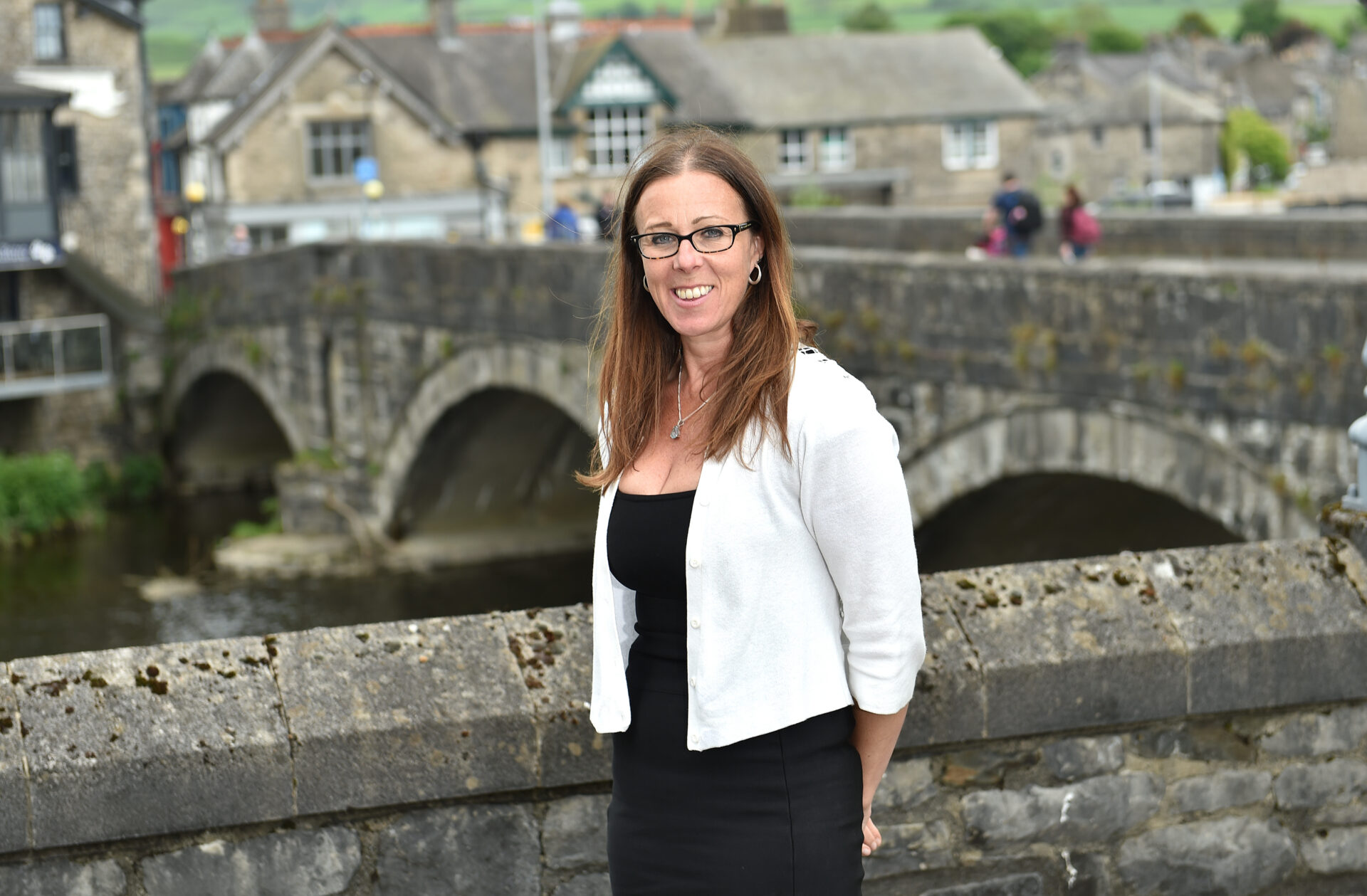
Our construction team looks at the role of expert witnesses in legal proceedings and why their primary duty lies not with the client, but with the court.
Clients are sometimes surprised to learn that even though they are paying the expert’s fees, the expert does not act as their advocate. Instead, the expert’s duty is to the court, and that duty must take precedence over the interests of the instructing party.
When and why expert evidence is needed
Expert reports are often required where technical or specialist knowledge is needed to resolve a contested issue. A well-prepared expert report provides clear, reasoned opinion evidence to assist the judge or adjudicator in reaching a fair and informed decision.
Common areas where expert evidence is used include:
- Delay and programming analysis
- Quantum (valuation of works or losses)
- Defects and workmanship issues
- Structural, mechanical or electrical engineering opinions
Duties defined by law
The legal framework for expert evidence in England and Wales is found in the Civil Procedure Rule (CPR) Part 35 and the accompanying Practice Direction 35. These rules make clear that an expert’s overriding duty is to the court, and that this duty overrides any obligation to the party instructing them. Similar principles apply in adjudication, arbitration, and in the Scottish courts under local rules.
The implication is that an expert must be independent and impartial. Their role is not to argue the client’s case or adopt the position that best supports the claim. Instead, they must provide a balanced and objective view based on their professional expertise, even if that means making concessions or expressing doubt about the client’s position.
This can be uncomfortable for parties who expect the expert to act as a kind of “hired gun.” However, judges are highly attuned to partiality, and expert evidence that appears one-sided or overly argumentative will often be disregarded. A credible expert tells it like it is.
Impartiality also includes avoiding conflicts of interest. An expert who has a financial interest in the outcome, a longstanding commercial relationship with the client, or a personal connection to the parties may be considered biased, even if their opinion is honestly held. In the case of Armchair Passenger Transport Ltd v Helical Bar Plc [2003], the judge found that the expert had become “so closely tied to the claimant’s cause” that his independence had been compromised. His evidence was effectively set aside.
Solicitors play a vital role in ensuring the expert’s independence is preserved from the outset. Best practice is for experts to be instructed through legal representatives, not directly by the client. This ensures that:
- The expert receives appropriate guidance on their legal duties.
- Communications are properly managed and documented.
- The client’s expectations do not inadvertently influence the expert.
The solicitor also has a responsibility to ensure that the instructions are clear, comprehensive, and compliant with procedural rules. Any assistance provided to the expert (e.g. commenting on a draft report) should be limited to correcting factual errors or clarifying ambiguities, not shaping the content to suit the case theory.
Courts do not hesitate to criticise or reject expert evidence that lacks independence or objectivity. The consequences can be severe. Not only may the evidence be disregarded, but the credibility of the entire case can suffer, and adverse costs orders may follow.
Even where the expert is technically competent and sincere, the appearance of bias, such as being a personal friend of a party, can be enough to undermine their credibility. The court does not require proof of actual dishonesty to find that an expert is unsuitable.
What clients should expect and how to work with experts effectively
The good news is that most of these issues can be avoided with careful planning and proper instruction:
- Choose your expert carefully – look for relevant qualifications, experience, and a track record of providing objective advice.
- Engage the expert early – their input may shape how you frame or present your claim.
- Instruct your solicitor to preserve formality and avoid improper influence.
- Accept honest advice – if the expert disagrees with aspects of your position, it is better to know early than to be exposed at hearing.
It’s important to note that communications between solicitors and experts may attract legal privilege, meaning they are generally protected from disclosure. This protection generally does not apply where a client instructs the expert directly, which can lead to complications if draft reports or correspondence are later subject to scrutiny.
The importance of proper expert instruction and oversight was highlighted in Liverpool Victoria Insurance Company Ltd v Zafar & Others [2023] EWHC 3204 (KB), one of several decisions involving SSB Law. In that case, the court found that the claimant’s solicitors had relied on expert reports that were fundamentally flawed, and that they were or should have been aware of the issues. The expert had an undisclosed interest in the outcome, and in related proceedings, it was revealed that reports had even been fabricated.
The court concluded that the issue of proceedings on the basis of such evidence amounted to an abuse of process. These cases underline the critical need to manage expert evidence carefully by instructing through solicitors, maintaining objectivity, and identifying any concerns at an early stage.
If you have any questions regarding expert impartiality, please contact our construction team on 01772 258321.

